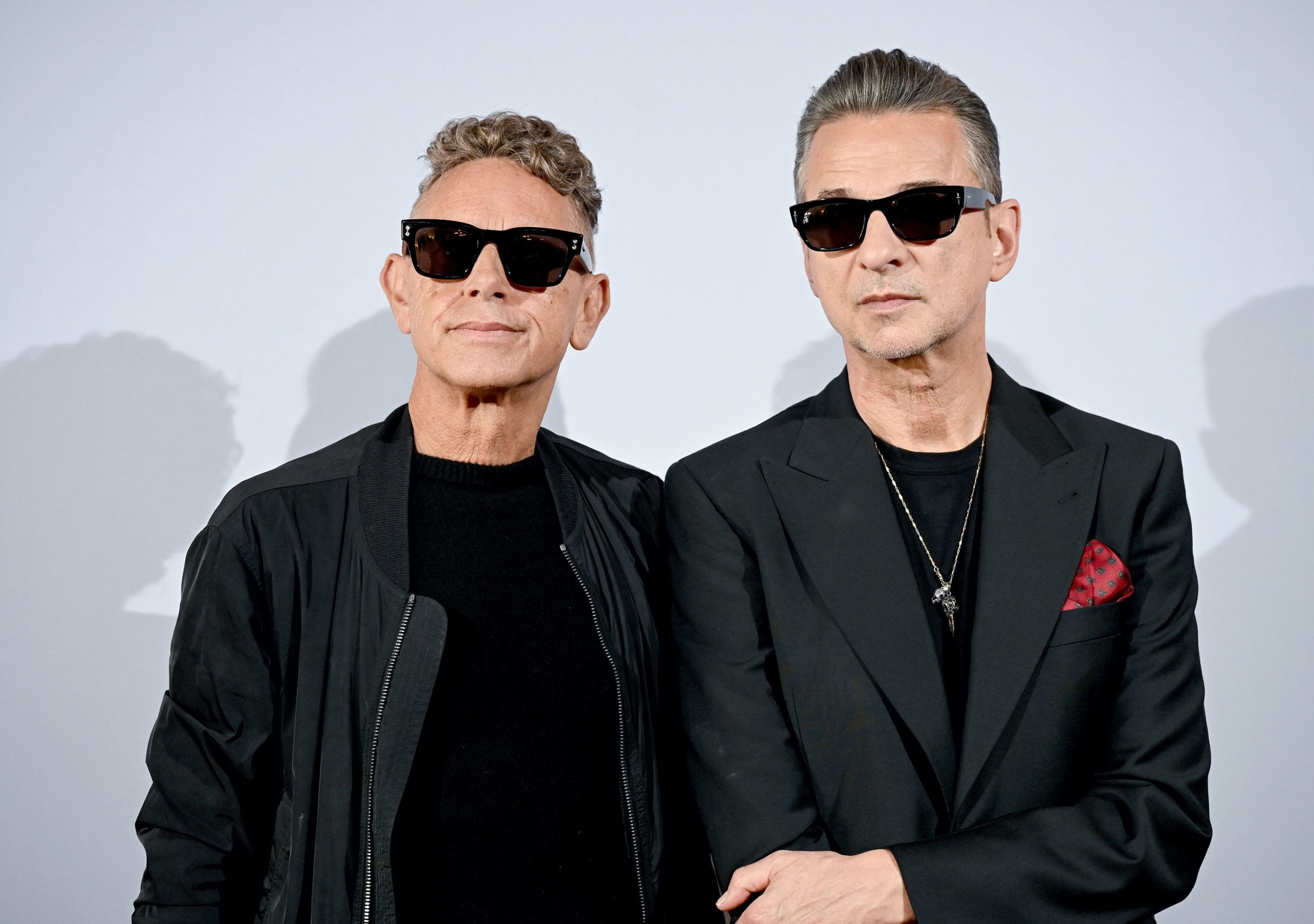
Depeche Mode, one of the most influential electronic bands in music history, has captivated audiences worldwide with their darkly emotional lyrics and groundbreaking soundscapes. Behind their polished stage presence and critically acclaimed albums lies a world of creativity, collaboration, and challenges that have defined their career.

The band’s creative process has always been dynamic, driven by the interplay of Martin Gore’s songwriting, Dave Gahan’s commanding vocals, and the group’s innovative production techniques. During the recording of iconic albums like Violator and Songs of Faith and Devotion, Depeche Mode often sought inspiration in unconventional ways. Their sessions were a blend of experimentation with analog synthesizers, samplers, and emerging digital technologies, giving their music a futuristic edge.
However, life behind the scenes wasn’t always smooth. The 1990s marked a turbulent period for the band, with internal tensions and personal struggles threatening their future. Gahan’s battles with addiction, Alan Wilder’s departure in 1995, and grueling tours tested the group’s resilience. Despite these challenges, they found ways to evolve and persevere, cementing their legacy as pioneers of electronic music.
Touring is another critical aspect of their behind-the-scenes journey. Known for their spectacular live performances, Depeche Mode works tirelessly to create immersive experiences for fans. From elaborate stage designs to cutting-edge visuals, their tours require months of planning and rehearsals. The band’s dedication to connecting with their audience keeps their shows fresh and impactful.
Ultimately, Depeche Mode’s story is one of transformation, survival, and innovation. Behind every synth riff and haunting melody lies a testament to their unyielding passion for music and their ability to overcome adversity. Whether in the studio or on stage, the band continues to redefine what it means to create and perform timeless music.
Be the first to comment